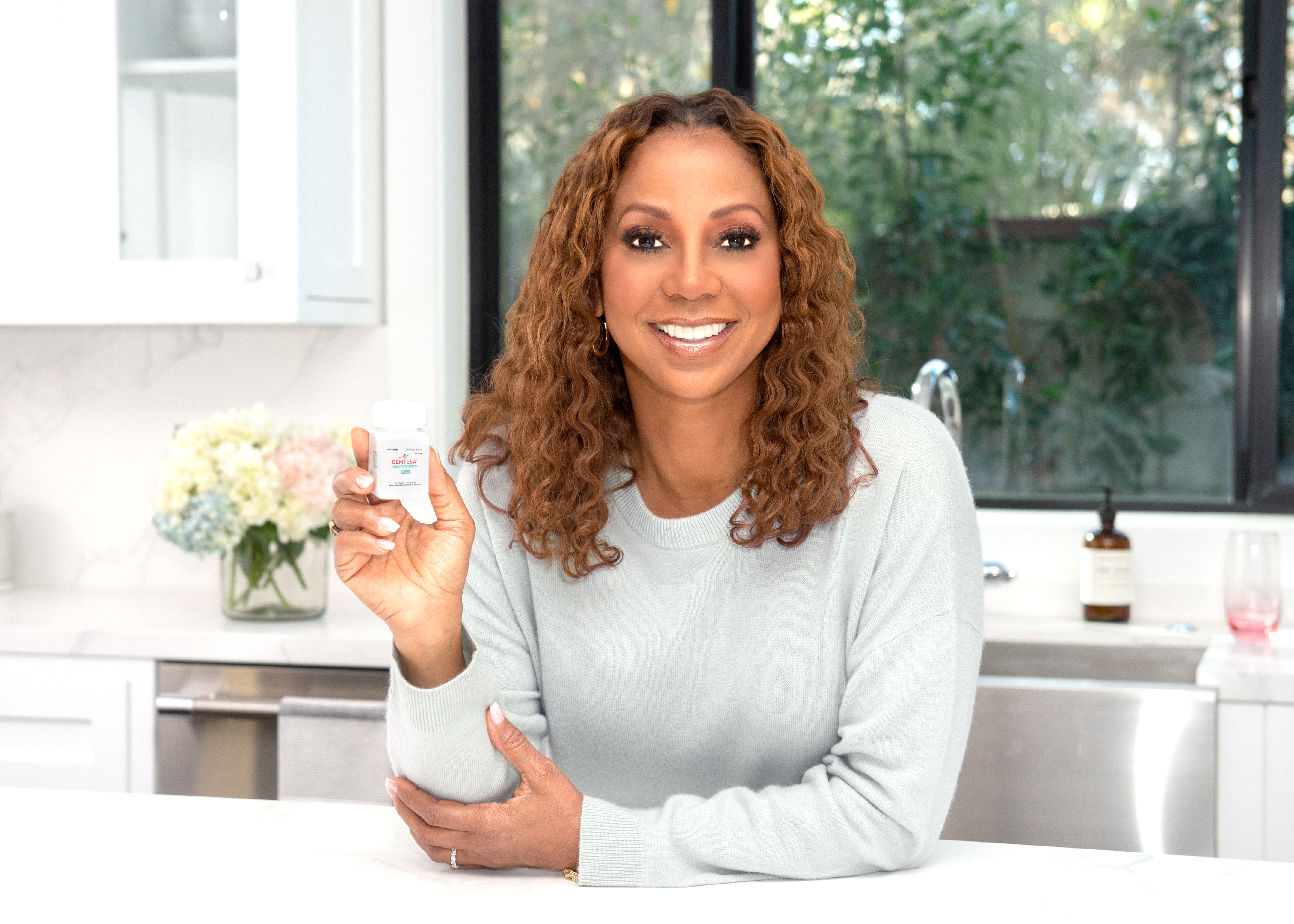Holly Robinson Peete, a celebrated actress and advocate, has opened up about her personal struggles with overactive bladder (OAB), a condition that affects millions of people. Through her journey, she emphasizes the importance of recognizing symptoms early and seeking medical help. This article explores her experiences, the nature of OAB, treatment options, and her ongoing advocacy efforts.

How Holly Robinson Peete Recognized Her Overactive Bladder Symptoms
Holly Robinson Peete began to notice her OAB symptoms manifesting as frequent urges to urinate, often accompanied by anxiety about finding a restroom. Initially, she attributed these symptoms to stress and lifestyle factors, but as they persisted, she realized that they were significantly affecting her quality of life. In conversations with friends, she discovered that many women shared similar experiences but felt too embarrassed to discuss them. This realization prompted her to seek medical advice.
Peete’s experience underscores a common issue: many individuals suffer in silence due to the stigma surrounding bladder conditions. She encourages others to recognize the signs—such as needing to urinate more than eight times a day or experiencing sudden urges—and to speak openly about their symptoms with healthcare providers.
What is an Overactive Bladder?
Overactive bladder is characterized by an urgent need to urinate frequently, often leading to incontinence. According to research, it affects approximately 33 million adults in the United States alone. The condition occurs when the bladder muscles contract involuntarily, causing a person to feel the need to urinate even when the bladder isn’t full.
Common symptoms include:
- A sudden urge to urinate
- Frequent urination during the day and night
- Incontinence or leaking urine
OAB can significantly impact daily activities and quality of life, leading individuals to limit their fluid intake or avoid social situations altogether due to fear of not having immediate access to a restroom.
How Holly Robinson Peete is Treating Her OAB
After recognizing her symptoms, Peete consulted her doctor, who recommended GEMTESA® (vibegron) as a treatment option. This medication has been shown in clinical studies to reduce the frequency of urgent urination and episodes of incontinence effectively. Since starting treatment, Peete reports significant improvements in her symptoms, allowing her to engage more fully in activities she enjoys without the constant worry of needing to find a bathroom.

In addition to medication, Peete has also explored behavioral therapies that can help manage OAB symptoms. These may include pelvic floor exercises and lifestyle modifications aimed at reducing bladder irritants such as caffeine and alcohol.
Holly Robinson Peete’s Advice for Women with Overactive Bladder
Peete’s journey has led her to become a vocal advocate for women experiencing OAB. She offers several key pieces of advice:
- Don’t Suffer in Silence: Open up about your symptoms with friends and family; you may find that you’re not alone.
- Seek Medical Help: Early diagnosis and treatment can significantly improve your quality of life.
- Educate Yourself: Understanding OAB can empower you to make informed decisions about your health and treatment options.
Participate in Support Networks: Engaging with communities or campaigns like Time To Go can provide comfort and encouragement to others facing similar challenges.
Holly Robinson Peete’s Life Today: Advocacy, Acting, and Relief from OAB
Today, Holly Robinson Peete continues her career in acting while passionately advocating for awareness around overactive bladder. Her involvement in campaigns like Time To Go aims to destigmatize OAB and encourage individuals to seek help without shame. Through these initiatives, she shares her story alongside other patients who have found relief through various treatments.
Peete’s advocacy work not only raises awareness but also fosters a supportive environment for those affected by OAB. By sharing her experiences and encouraging dialogue about this often-overlooked condition, she hopes to inspire others to take control of their health.
In conclusion, Holly Robinson Peete’s journey with overactive bladder highlights the importance of recognizing symptoms early and seeking appropriate treatment. Her story serves as a beacon of hope for many women who may feel isolated by their experiences. By fostering open conversations about OAB, we can help break down barriers and encourage more individuals to seek the care they deserve.
Also Read | Earl Grey Tea: A Delicious Way to Boost Health and Wellness







